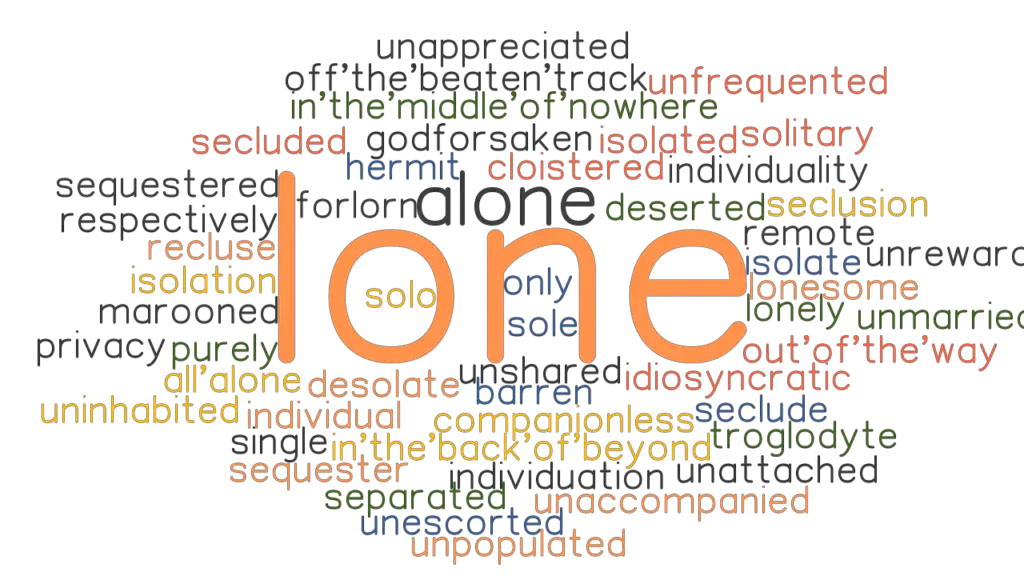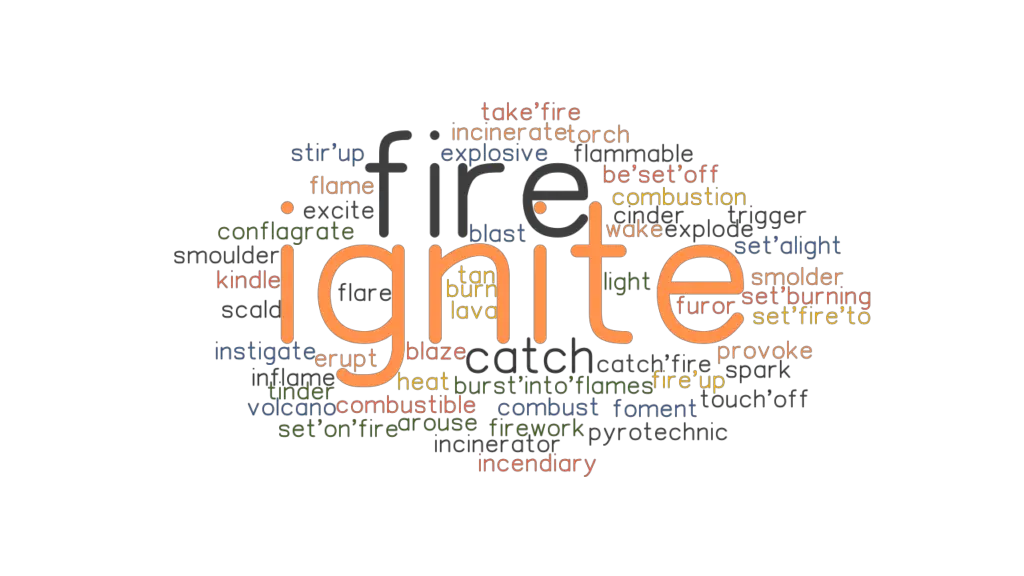


LGBTQIA erasure in schools lays the groundwork for deep and lasting trauma. I try to avoid black and white thinking, but this one seems pretty black and white to me. Where exchanging pronouns is an act of deep compassion. Where queerness is just a piece of information. What these (straight, cisgender) lawmakers are afraid of are stories like my family's story. On the contrary, they're navigating a tricky new normal – divorced parents, two households, a newly gay mom who isn't even sure yet if gay is the right adjective for her – with astounding, beautiful ease. I'd like to see the evidence – any evidence! – that the "woke" kids in California are suffering as a result of LGBTQIA-inclusive curriculum. I'd like to understand how acknowledging what's true – that not everyone identifies with the biological sex they were assigned at birth and that some families have parents of the same gender – "sexualizes" young kids. But please direct me to the pediatricians and child psychologists and social workers who would agree with them. Something about woke ideology and the insidious harm it's doing to my kids. I can imagine what Ron DeSantis or Kay Ivey would say. My hunch? My kids would be much less OK right now if we lived somewhere else. I'm focused right now on the straight kids of queer parents, particularly queer parents like me, who discovered their queerness later in life and are attempting to live joyfully and authentically for their own well-being and the well-being of their children. Not the gay and non-binary and trans kids, though I worry about them all the time and feel sick to my stomach when I think about the lasting harm of LGBTQIA erasure in early education. And I'm asking about other people's kids, the ones growing up in the dozen or so states seeking to prohibit the discussion of topics of gender identity and sexual orientation in elementary schools and to punish students and faculty who attempt to speak out anyway. The humans I care most about in this world, whose wellness is my responsibility. I am a grown woman with a healthy self-concept, plenty of therapy under her belt, and strong faith in a God who delights in the diversity of the creatures they created (to those who object to my choice of pronouns for God, may I direct you to Genesis 1:1). I'm not asking how the raised-in-Georgia versions of my kids might have made me feel when I came out to them. It's not a wild guess, either, because I've participated in countless discussions about gender expression and sexual orientation with friends and family in my home state, where Bible verses are slung around out of context to shame and repress. How would my queerness have been metabolized by my children if we lived in Florida, or even in Georgia, where I grew up? Not just the schools, but also our affirming Methodist church and our progressive neighborhood, where Pride flags are ubiquitous and family diversity is celebrated. It was hilarious, and tender, and wonderful, and I have California to thank for it. RELATED: What my gay childhood in a "Don't Say Gay" landscape was really like My 4-year-old son: I want to marry Mommy! My 7-year-old son: But I want to marry a girl like Mommy does! My 11-year-old daughter (to her brother, with another, more intense eye roll): You can't be a lesbian. My 7-year-old son: That's great, Mommy! I'm a lesbian, too! My 11-year-old daughter (with a really on point eye-roll): You, too? Everyone's a lesbian now. Because I've written a novel with a queer romance at the center of it, my midlife coming out has been more public than it otherwise would have been, and my desire to make sure my kids weren't the last to know about their mom's evolution meant that I shared with them early that I suspected my next partner would be a woman. And lately, mine have been saying it at the dinner table, since their mom unexpectedly found herself inside the umbrella of LGBTQIA when she discovered at 40 that she's attracted to women. Out here, kids say gay at school, on the playground, and – brace yourself – in church. My three children go to public school on the westside of Los Angeles, which is basically the opposite of Florida. Or any of the other states – the list seems to be growing by the day – that have passed or are considering versions of Florida's "Don't Say Gay" legislation, which is set to go into effect on July 1.


 0 kommentar(er)
0 kommentar(er)
